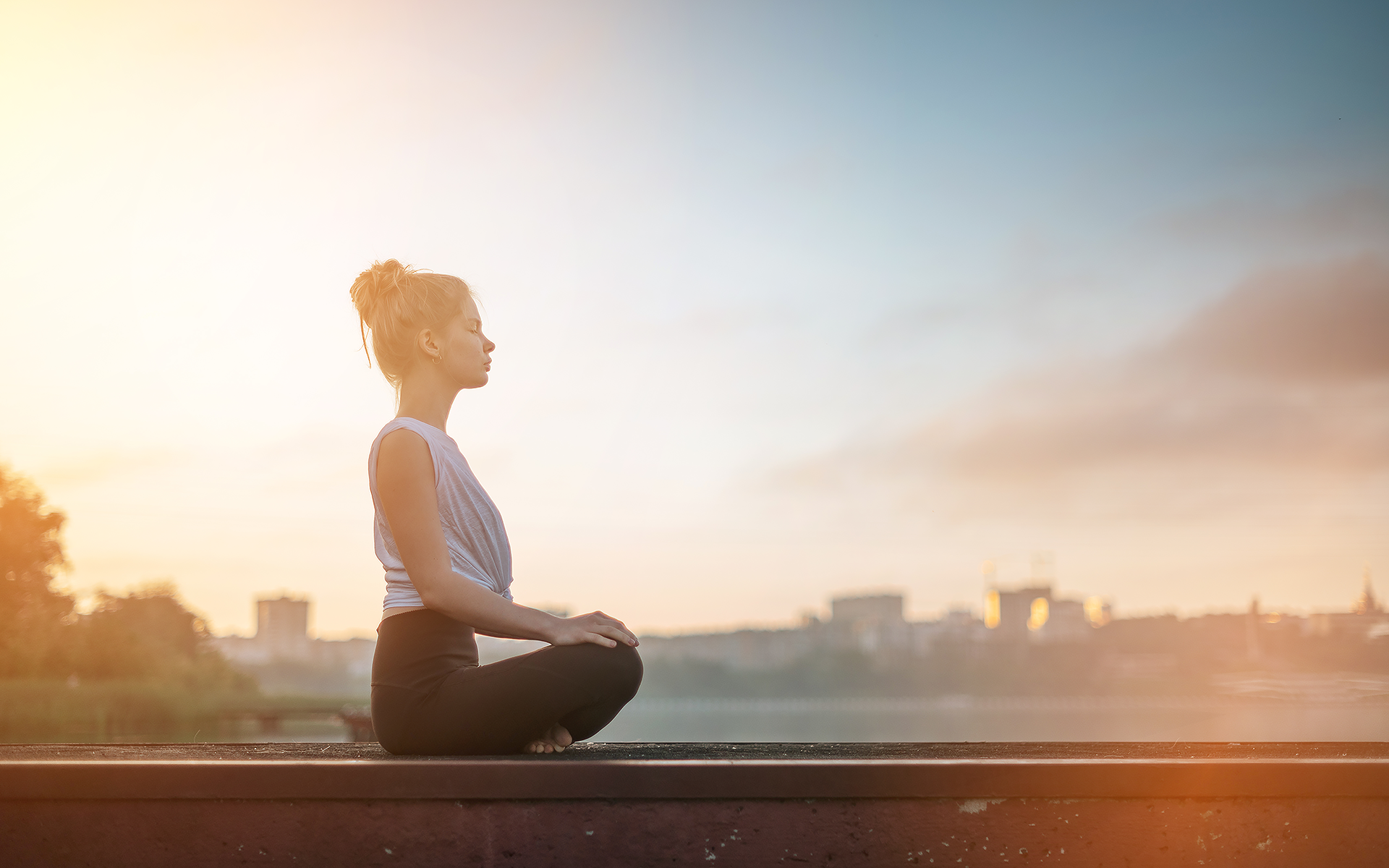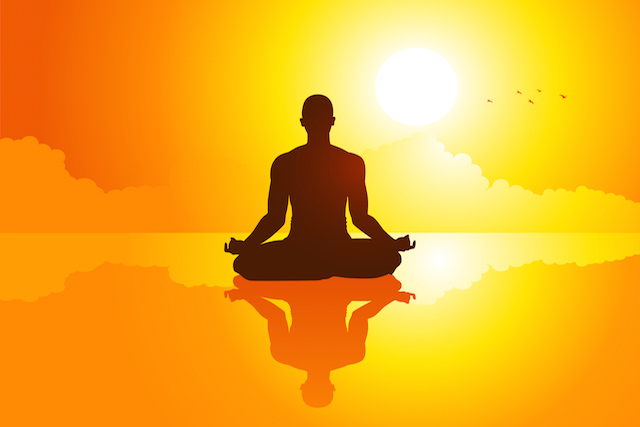Our general interest e-newsletter keeps you as much as date on a broad variety of health topics.
Sign up now Meditation: A simple, fast way to reduce stress
Meditation can clean away the day's tension, bringing with it inner peace. See how you can quickly find out to practice meditation whenever you require it most.
By Mayo Center Personnel If tension has you nervous, tense and concerned, consider trying meditation. Spending even a few minutes in meditation can restore your calm and inner peace.
Anybody can practice meditation. It's basic and low-cost, and it does not need any unique equipment. And you can practice meditation wherever you are-- whether you're out for a walk, riding the bus, waiting at the doctor's office and even in the middle of a challenging company meeting.
Understanding meditation Meditation has actually been practiced for countless years. Meditation initially was indicated to assist deepen understanding of the spiritual and mystical forces of life. These days, meditation is commonly used for relaxation and tension reduction.
Meditation is thought about a kind of mind-body complementary medication. Meditation can produce a deep state of relaxation and a relaxing mind. During meditation, you focus your attention and eliminate the stream of jumbled thoughts that might be crowding your mind and triggering tension. This procedure might result in improved physical and emotional well-being.
Advantages of meditation Meditation can offer you a sense of calm, peace and balance that can benefit both youremotional wellness and your overall health.
And these advantages don't end when your meditation session ends. Meditation can assist carry you more calmly through your day and might help you handle symptoms of particular medical conditions.
Meditation and emotional wellness When you meditate, you might clear away the details overload that develops every day and contributes to your tension.
The emotional advantages of meditation can include:
Meditation and health problem Meditation may also work if you have a medical condition, particularly one that might be gotten worse by stress. While a growing body of scientific research study supports the health advantages of meditation, some scientists believe it's not yet possible to draw conclusions about the possible advantages of meditation. With that in mind, some research study suggests that meditation may assist individuals manage symptoms of conditions such as:
Make certain to speak to your health care provider about the pros and cons of utilizing meditation if you have any of these conditions or other health issues.

In some cases, meditation can worsen signs connected with certain psychological and physical health conditions.
Meditation isn't a replacement for conventional medical treatment. But it might be a helpful addition to your other treatment. Types of meditation
Meditation is an umbrella term for the many methods to a relaxed state of being. There are many kinds of meditation and relaxation methods that have meditation components. All share the very same goal of achieving inner peace. Ways to practice meditation can include:
Directed meditation. Often called guided imagery or visualization, with this technique of meditation you form psychological images of places or circumstances you discover relaxing.
You try to use as lots of senses as possible, such as smells, sights, sounds and textures. You might be led through this process by a guide or instructor.
Mantra meditation. In this type of meditation, you quietly duplicate a calming word, thought or expression to prevent disruptive ideas. Mindfulness meditation. This type of meditation is based upon being conscious, or having an increased awareness and approval of living in today moment.
In mindfulness meditation, you expand your mindful awareness. You focus on what you experience during meditation, such as the circulation of your breath. You can observe your thoughts and emotions, however let them pass without judgment. Qi gong. This practice generally combines meditation, relaxation, physical motion and breathing workouts to restore and keep balance. Qi gong (CHEE-gung) is part of standard Chinese medicine. Tai chi. This is a kind of gentle Chinese martial arts. In tai chi (TIE-CHEE), you carry out a self-paced series of postures or movements in a sluggish, elegant manner while practicing deep breathing.
Transcendental Meditation ®. Transcendental Meditation is a basic, natural method. In Transcendental Meditation, you silently duplicate a personally appointed mantra, such as a word, sound or expression, in a particular way. This type of meditation may enable your body to settle into a state of profound rest and relaxation and your mind to attain a state of inner peace, without needing to utilize concentration or effort. Yoga. You carry out a series of postures and controlled breathing workouts to promote a more versatile body and a calm mind. As you move through positions that need balance and concentration, you're encouraged to focus less on your busy day and more on the minute.

Various types of meditation might consist of different functions to help you practice meditation. These might vary depending upon whose assistance you follow or who's teaching a class. Some of the most typical functions in meditation include: Focused attention. Focusing your attention is usually one of the most essential elements of meditation.
Focusing your attention is what helps complimentary your mind from the many distractions that cause tension and concern. You can focus your attention on such things as a particular things, an image, a mantra, or even your breathing. Relaxed breathing. This method includes deep, even-paced breathing utilizing the diaphragm muscle to expand your lungs. The purpose is to slow your breathing, take in more oxygen, and lower using shoulder, neck and upper chest muscles while breathing so that you breathe more efficiently. A quiet setting. If you're a novice, practicing meditation might be easier if you're in a peaceful area with few interruptions, consisting of no television, radios or cellphones.
As you get more proficient at meditation, you may be able to do it anywhere, particularly in high-stress scenarios where you benefit the most from meditation, such as a traffic jam, a difficult work conference or a long line at the supermarket. A comfortable position. You can practice meditation whether you're sitting, lying down, walking, or in other positions or activities. Just try to be here comfortable so that you can get the most out of your meditation. Objective to keep excellent posture throughout meditation. Open attitude. Let thoughts go through your mind without judgment.